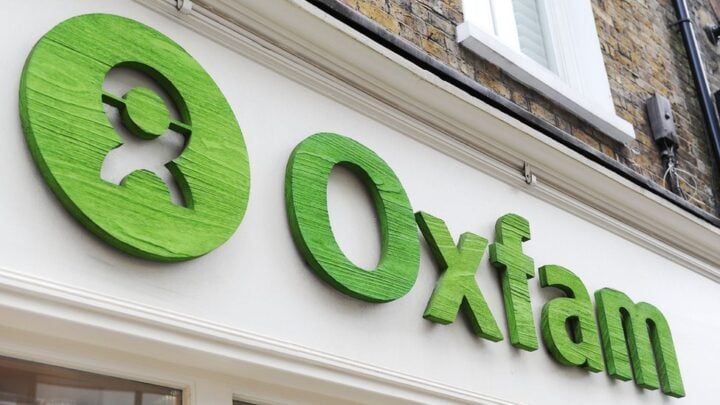Oxfam International, a non-profit organisation, says patients living in poverty in Africa are bankrupted by private healthcare corporations funded by development finance institutions (DFIs).
In a report released on Monday, Oxfam said the DFIs are run by the UK, French, German, and governments of other rich countries.
The countries covered in the report include Kenya, Nigeria, Uganda, and Mozambique.
Some of the sharp practices of the hospitals are “profiteering, including during the pandemic, and routinely over-charging patients into bankruptcy and poverty”, Oxfam said.
Advertisement
“Patients living in poverty in Africa are being bankrupted by private healthcare corporations backed by multimillion-dollar investments from development finance institutions (DFIs) run by the UK, French, German and other rich country governments,” the report reads.
According to Oxfam, DFIs like the World Bank’s International Finance Corporation (IFC) and the European investment bank (EIB) invest public funds via the private sector to help foster economic development in the majority world and tackle poverty.
Oxfam said its investigation into investments by European DFIs into the private healthcare sectors of Kenya, Nigeria, Uganda, Mozambique and other majority world countries showed that 358 health investments between 2010 and 2022 — more than half (56 percent) — went into private healthcare corporations operating in low- and middle-income countries.
Advertisement
“At least $2.4 billion channelled into health corporations that can be tracked, but Oxfam found at least another 269 health investments for which the value is not disclosed,” the report said.
“Most of these health investments (81 percent) are being “lost from sight” — sub-invested out via a network of financial intermediaries, 80 percent of them located in tax havens like Mauritius, Jersey, and the Cayman Islands.
“Little to no public accountability of these investments and no evidence as to whether they are improving access to healthcare for people living in poverty, especially women and girls.
“Extremes of private hospital chains offering five-star hotel treatment for politicians, sports stars and celebrities at elite prices, through to people being extorted, exploited or excluded depending on their ability to pay.”
Advertisement
Commenting on the report, Anna Marriott, Oxfam International’s health policy lead, said it is more urgent than ever that governments stop the “dangerous diversion of public funds” to private healthcare.
Instead, she suggested that they deliver on aid and other public funding promises in order to strengthen public healthcare systems that can deliver for everybody.
“Majority world governments should also step up and be more assertive in directing foreign public investments into better health outcomes for their people,” Marriott said.
On her part, Fati N’Zi-Hassane, director, Oxfam Africa, said: ‘‘African governments must purge their health sectors of these injustices and inequalities. They must stand strong in the face of pressures to privatise public goods and services like healthcare to preventable deaths, especially those of women and children.”
Advertisement
Add a comment






